Nutrition information
Nutrition facts
Refer to the product label for full dietary information, which may be available as an alternative product image.
56 servings per container
Serving Size8
| Amount per serving | % Daily Value* |
|---|---|
| Total Fat 0g | 0% |
| Saturated Fat0g | 0% |
| Trans Fat0.0g | |
| Cholesterol 0.00mg | 0% |
| Sodium 0.0mg | 0% |
| Total Carbohydrate 8g | 3% |
| Dietary Fiber0.0g | 0% |
| Sugars0.0g | 0% |
| Includes Added Sugars0.0g | |
| Sugar Alcohol8.00g | |
| Protein 0.0g | 0% |
| Calcium0.0mg | 0% |
| Potassium0.0mg | 0% |
| Iron0.0mg | 0% |
| Vitamin D0.00mcg | 0% |
* The % Daily Value (DV) tells you how much a nutrient in a serving of food contributes to a daily diet.
Calories per gram:
Fat 9 • Carbohydrate 4 • Protein 4
Product details
Monk Fruit Sweetener is a zero-calorie, sugar-free substitute that has no aftertaste. If you are on a sugar-free diet or if you are just trying to be healthier but can’t resist the delicious taste of sugar, Monk Fruit Sweetener Blend is the perfect option for you. Monk fruit is an exotic fruit originating from the southern mountains of Asia. Our sweetener blend is made by first extracting the juice from the flesh of the monk fruit and then processing this juice to extract the sweet flavor. Finally, the sweet extracted monk fruit is then blended with erythritol to match the sweetness and 1:1 ratio of sugar. This sugar alternative is low-glycemic, so you won’t have to worry about it causing a spike or drop in your blood sugar levels. Now you can have all the sweet treats you want without the guilt. You can use this sweetener in virtually any situation in which you would use traditional sugar. You can use it when baking tasty confections like pie, cake, muffins, cobbler, souffles, cookies, brownies, and other desserts. You can even use it like regular table sugar to top your grapefruit for your breakfast or add it to your morning coffee to counterbalance the bitterness. Try adding it to your protein or health shakes for an added hint of flavor. What could be better than a sweetener that functions exactly like sugar but won’t adversely affect your health? With BetterBody Foods’ Monk Fruit Sweetener Blend, you can have all the sweetness you can handle without the calories!
- NATURAL SUGAR SUBSTITUTE: This low-glycemic Monk Fruit Sweetener Blend is the perfect way to add natural sweet flavor to any recipe or beverage. Best of all, this sweetener is preservative-free.
- SWEET WITHOUT THE GUILT: This healthy alternative contains a mix of erythritol and monk fruit that imitates the sweetness of sugar but contains zero calories, so you won’t be cheating on your diet.
- USE JUST LIKE SUGAR: Our Monk Fruit Sweetener Blend is the perfect ingredient to add to your pantry. Use it just like sugar (1:1 ratio) in your favorite baking recipes, smoothie mixes, and more.
- PURE INGREDIENTS: We designed this tasty substitute to be gluten-free and non-GMO. In addition, it is low-glycemic, so it won’t spike your blood sugar levels or result in an energy crash.
- BETTERBODY FOODS: We are committed to providing you with healthier food choices because we believe that the journey to a better life starts with better food. Try this delicious sweetener by BetterBody Foods.


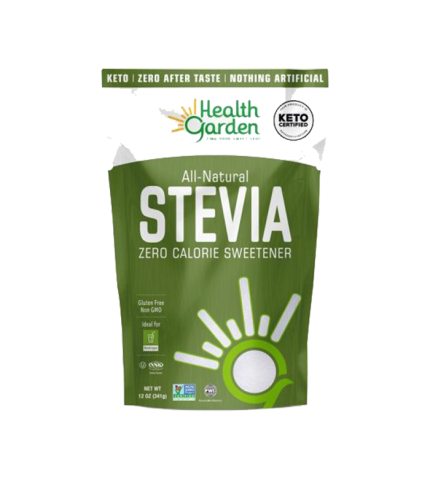
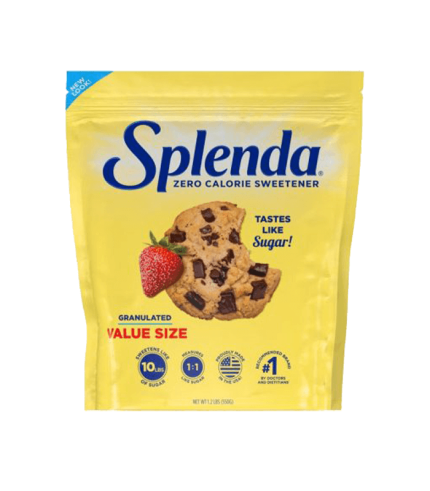
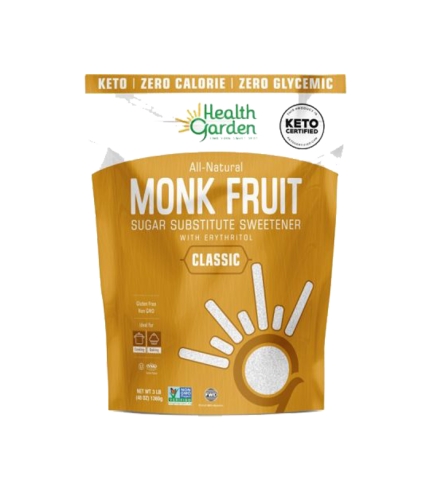
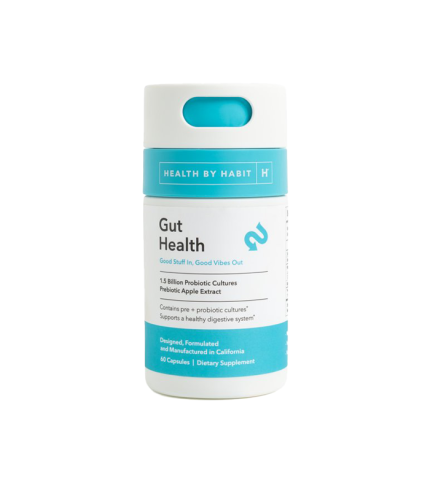
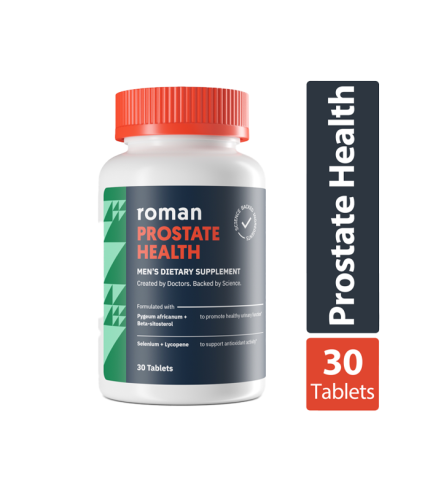
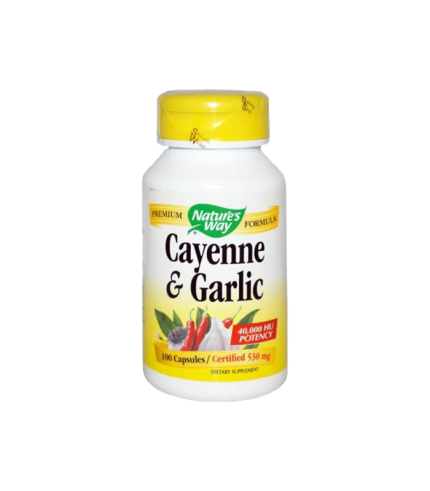
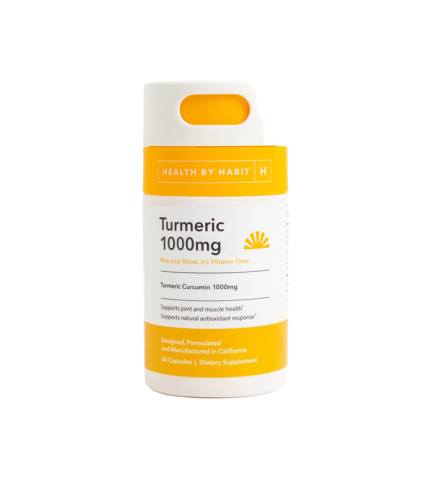
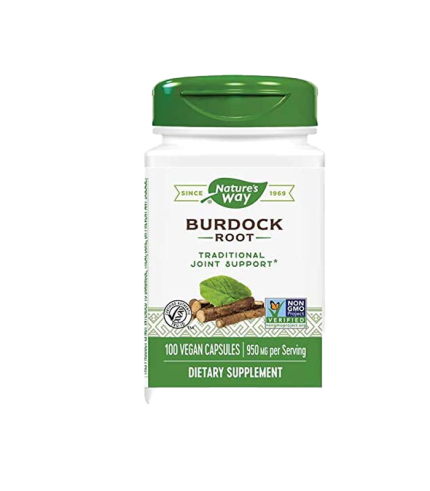
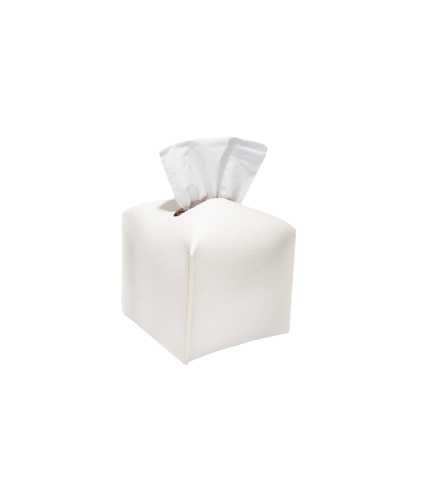
Freddy –
I like Better Body Foods, and have been using this brand on and off for many years. They have a few monk fruit blends available, two of which are not labeled organic, and this one that is. So if you didn’t know, “organic” boosts the market value, hence the seemingly high price tag of $18 (or $1.12 per ounce). BUT, if you dont need organic, then select the Better Body Foods Monk fruit blend –same thing, just not “organic” to save several dollars ($8.41, or $0.53 per ounce), which is less than other quality brands I enjoy. Because of all this, I simply dont rate on price as we all have our own budgets, values, brand loyalties…and understanding.
Scope –
Monk fruit, called luo han guo, is a small green melon that was first grown and cultivated for centuries by Buddhist monks—thus its unique name. It is native to southern China and northern Thailand, and most of the world’s monk fruit is still grown in those region. The sweetener is derived from removing the seeds and skin of the fruit and crushing it to collect the juice, then juice is dried into a concentrated powder. Monk fruit contains naturally occurring sugars, mainly fructose and glucose, but it is up to 250 times sweeter than sugar. There are zero calories, carbohydrates and fat per teaspoon, according to the USDA.